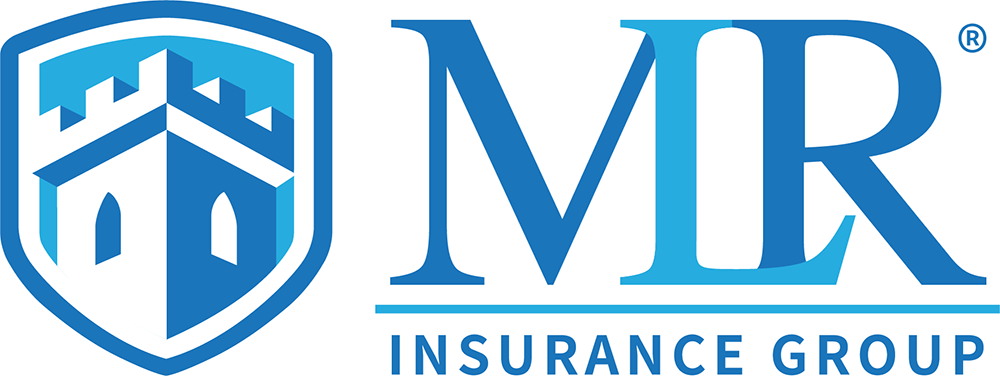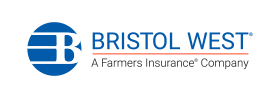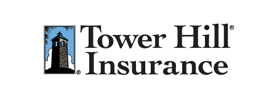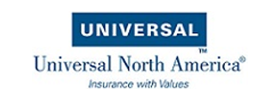Florida is known for its sunny beaches and warm weather, but it’s also one of the most sinkhole-prone states in the U.S. Homeowners in Florida face unique risks due to the state’s geology, which makes sinkholes a real concern. Understanding how home insurance can protect your property from sinkhole damage is essential for safeguarding your investment.
Why Sinkholes Are a Concern in Florida
Sinkholes occur when underground water dissolves limestone, creating voids that cause the ground above to collapse. Florida’s geology, combined with heavy rainfall and development, makes sinkholes a common issue. Homeowners in areas like Central Florida are particularly vulnerable, and the damage caused by sinkholes can be devastating, ranging from cracked foundations to complete structural collapse.
Does Home Insurance Cover Sinkhole Damage?
Standard home insurance policies in Florida typically do not cover sinkhole damage unless it’s caused by a catastrophic ground collapse. However, many insurance providers offer optional sinkhole coverage that can be added to your policy. This coverage helps pay for repairs to your home and property if a sinkhole causes damage, including foundation repairs, structural stabilization, and even temporary housing costs.
How to Protect Your Home
- Assess Your Risk: If you live in a sinkhole-prone area, consider adding sinkhole coverage to your home insurance policy. A local agency like MLR Insurance Group can help you evaluate your risk and find the right coverage.
- Get a Professional Inspection: A geological inspection can identify potential sinkhole risks on your property, giving you peace of mind and helping you plan for the future.
- Understand Your Policy: Review your home insurance policy carefully to ensure you have adequate coverage for sinkhole-related damage.
Why Local Expertise Matters
Florida homeowners face unique challenges, and sinkholes are just one of them. Working with a local agency like MLR Insurance Group ensures you get coverage tailored to the specific risks in your area. From understanding sinkhole risks to navigating policy options, a local agency can provide the personalized support you need.
Protect Your Florida Home Today
Sinkholes may be unpredictable, but your insurance coverage doesn’t have to be. At MLR Insurance Group, we’re here to help Florida homeowners find the right policies to protect their homes and families. Contact us today to learn more about your options!



















